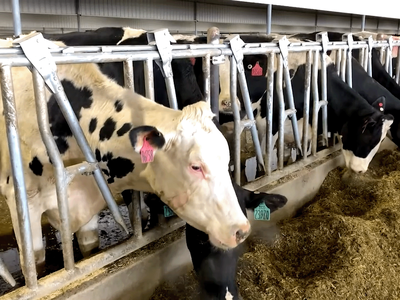Noise Pollution
Do you know what you were listening to? Well you were listening to a quail, wild turkey and pheasant in that order. If you didn't recognize their calls that's not too bad. But what if they didn't recognize calls from each other. That ain't good but according to Dr Gareth Arnott, Senior Lecturer and Researcher from the Institute for Global Food Security at Queen’s University Belfast, New evidence shows noise pollution is hampering birds communicating with each other
New research from Queen’s University shows man-made sounds mask signals between birds, hampering their ability to communicate with each other through song
This is having a negative impact on mating rituals and competition for food and shelter
This could eventually lead to a severe decline in bird numbers as bird song is crucial to their survival and reproduction.
Noise pollution is making it difficult for birds to communicate with each other and it could lead to a severe decline in numbers, new research from Queen’s University Belfast has found. In spring, birds use song to show aggressiveness and to attain territory for nesting and breeding, but this is becoming tougher due to noisy conditions created by humans. Dr Gareth Arnott, Senior Lecturer and Researcher from the Institute for Global Food Security at Queen’s University Belfast, studied bird song in detail and found that background noise can mask crucial information.
Dr Arnott explains: “Sound is a great form of bird communication because it can carry beyond where birds can see. “Singing is one of the most common ways birds advertise that a territory belongs to them, and birds will perch near the edge of their territory to broadcast their claim to the maximum range. A strong, vibrant song will help defend a territory from intruders and attract a mate.” However, Dr Arnott and his team have discovered man-made noise is disrupting them from being able to hear and understand each other clearly.
Dr Gareth Arnott continues: “We found that bird song structure can communicate aggressive intent, enabling birds to assess their opponent, but human-made noise can disrupt this crucial information passed between them by masking the complexity of their songs used for acquiring resources, such as territory and space for nesting. “As a result, the birds receive incomplete information on their opponent's intent and do not appropriately adjust their response.”
The findings raise concerns about the ability of birds to compete for resources under the growing extent of noise from human activities. The study also shows that bird song is crucial to the survival and reproduction of birds and there are important implications to consider around noise pollution and the protection of wildlife.
Dr Arnott adds: "The study is evidence that human-made noise pollution impacts animal habitats and directly influences their ability to communicate properly, which may have implications for survival and population numbers for birds.















